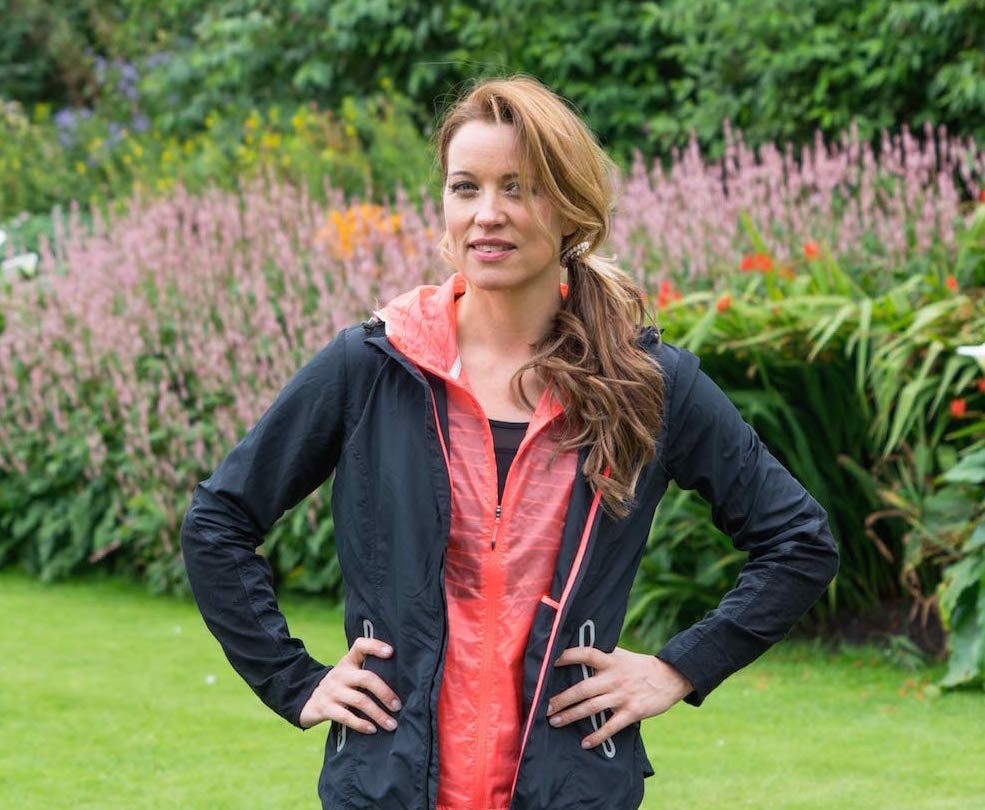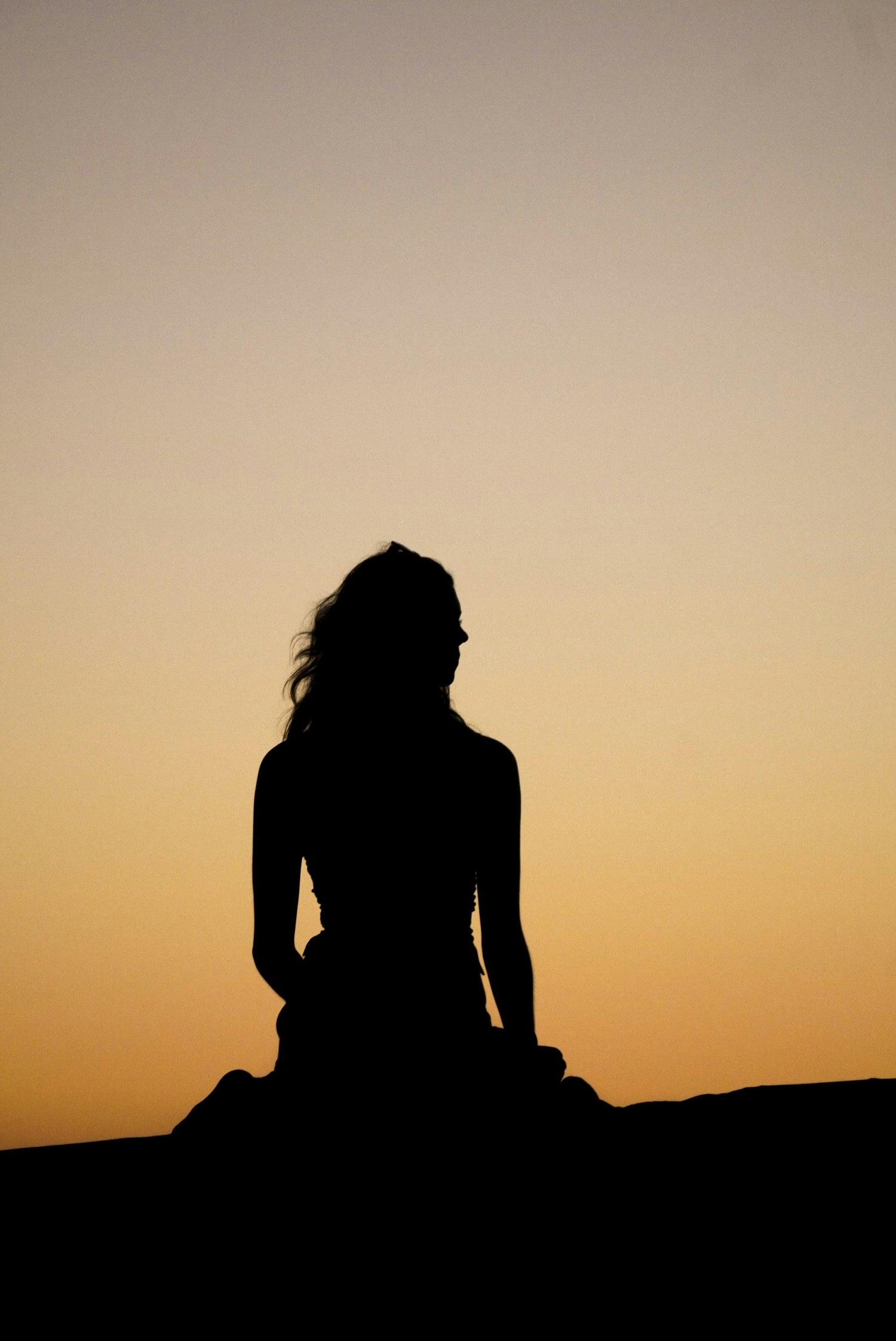Spring brings with it an increase in daylight, it's a timely reminder that getting exposure to sunlight in the morning can help you sleep at night because it helps reset your body's inner "sleep clock."
Light is a vital cue for your body’s sleep cycle. The light you are exposed to during the day helps your body figure out when it’s time to go to bed (and when it’s time to wake up).
I tell all my clients to try to get up and outdoors for at least 10 mins, ideally more, before noon. Light entering the eyes transmits time-of-day information to the brain and to the body. Morning daylight is special, it sends a “wakeup” signal to the pituitary gland. Bright morning light tells your body to suppress melatonin production (the so-called sleepy hormone) and increase cortisol production (which is good for helping you feel energised in healthy amounts) - not to mention boosting serotonin.
We spend, on average, approximately a third of our life asleep. Along with eating, drinking and breathing, sleeping is one of the pillars for maintaining good mental and physical health.
Poor sleep has massive implications for our health. People who regularly don’t get enough sleep are at higher risk of serious medical conditions such as obesity, heart disease and diabetes.
Over and above getting into morning daylight, here's s a checklist of advice to help you sleep better:
- Don’t drink alcohol before bed. Although alcohol may help bring on sleep, after a few hours it acts as a stimulant, increasing the number of awakenings and generally decreasing the quality of sleep later in the night. It is therefore best to limit alcohol and to avoid drinking within three hours of bedtime.
- Cut out caffeine from 1pm. Switch to a good quality decaf or herbal tea.
- A quiet, dark, and cool environment can help promote sound slumber. Lower the volume of outside noise with earplugs or a "white noise" appliance. Use heavy curtains, blackout shades, or an eye mask to block light. Keep the temperature comfortably cool—between 60 and 75°F—and the room well ventilated. And make sure your bedroom is equipped with a comfortable mattress and pillows.
- If a pet regularly wakes you during the night keep it out of your bedroom.
- Ease the transition from wake time to sleep time with a period of relaxing activities an hour or so before bed. Take a bath (the rise, then fall in body temperature promotes drowsiness), read a book. If you tend to take your problems to bed, try writing them down—and then putting them aside.
- Afternoon napping is a common culprit of decreased sleep drive. If you must nap, it’s better to keep it short and before 5 p.m.
- Lighten up on evening meals. Finish dinner several hours before bedtime and avoid foods that cause indigestion. If you get hungry at night, snack on foods that (in your experience) won't disturb your sleep.
- Balance fluid intake. Drink enough fluid at night to keep from waking up thirsty—but not so much and so close to bedtime that you will be awakened by the need for a trip to the bathroom.
- Exercise can help you fall asleep faster and sleep more soundly—as long as it's done at the right time. Exercise stimulates the body to secrete the stress hormone cortisol, which helps activate the alerting mechanism in the brain. This is fine, unless you're trying to fall asleep. Try to finish exercising at least three hours before bed or work out earlier in the day.
- Struggling to fall asleep just leads to frustration. If you’re not asleep after 20 minutes, get out of bed, go to another room, and do something relaxing, like reading or listening to music until you are tired enough to sleep.
- If you wake up in the middle of the night and can’t get back to sleep in about 20 minutes, get up and engage in a quiet, restful activity such as reading or listening to music. And keep the lights dim; bright light can stimulate your internal clock. When your eyelids are drooping and you are ready to sleep, return to bed.





